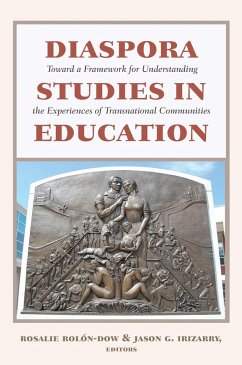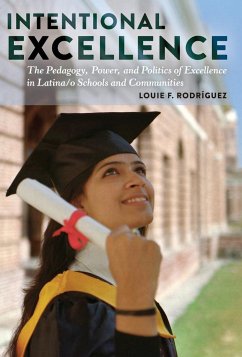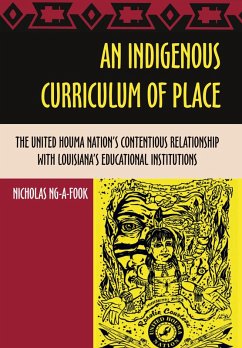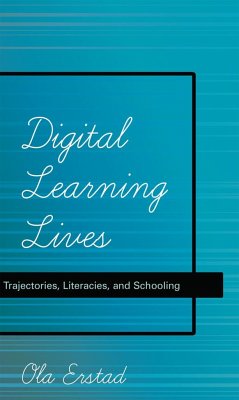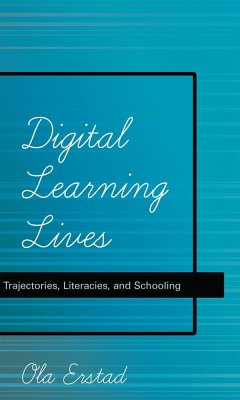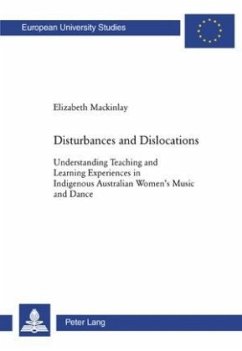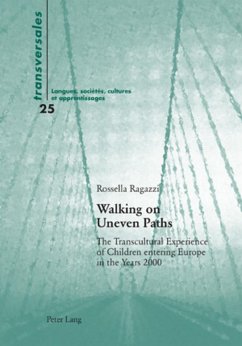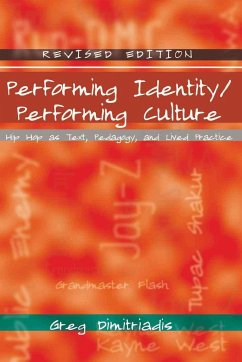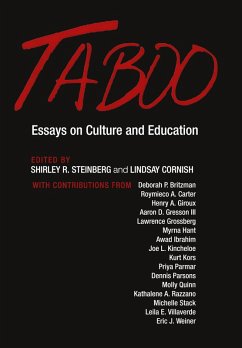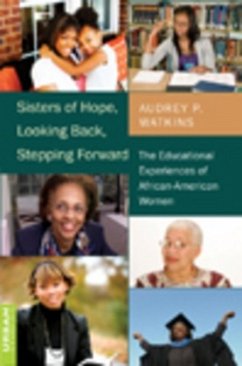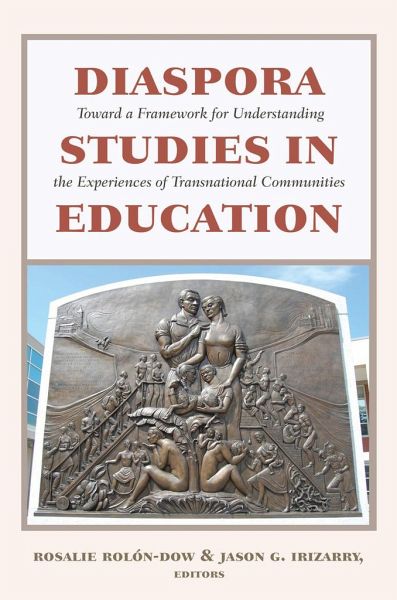
Diaspora Studies in Education
Toward a Framework for Understanding the Experiences of Transnational Communities
Herausgegeben: Irizarry, Jason G.; Rolón-Dow, Rosalie
Versandkostenfrei!
Versandfertig in 6-10 Tagen
41,85 €
inkl. MwSt.
Weitere Ausgaben:

PAYBACK Punkte
0 °P sammeln!
The Latino/a diaspora is undoubtedly transforming the demographics and cultural geographies of the United States. Diaspora Studies in Education advances an active use of the concept of «diaspora», focusing on processes that impact the diasporization of the Latino/a population, and more specifically, examining those diasporization processes in the arena of education. Focusing on the education of Puerto Ricans, the second largest Latino/a subgroup, the authors of this volume elucidate themes that are useful not only for those concerned with the education of Puerto Rican youth but also applicab...
The Latino/a diaspora is undoubtedly transforming the demographics and cultural geographies of the United States. Diaspora Studies in Education advances an active use of the concept of «diaspora», focusing on processes that impact the diasporization of the Latino/a population, and more specifically, examining those diasporization processes in the arena of education. Focusing on the education of Puerto Ricans, the second largest Latino/a subgroup, the authors of this volume elucidate themes that are useful not only for those concerned with the education of Puerto Rican youth but also applicable to the study of other diasporic communities. The book is useful as a text in a variety of undergraduate and graduate courses, including foundations of education, multicultural education, anthropology of education, and introductory courses in Latino and ethnic studies departments.





